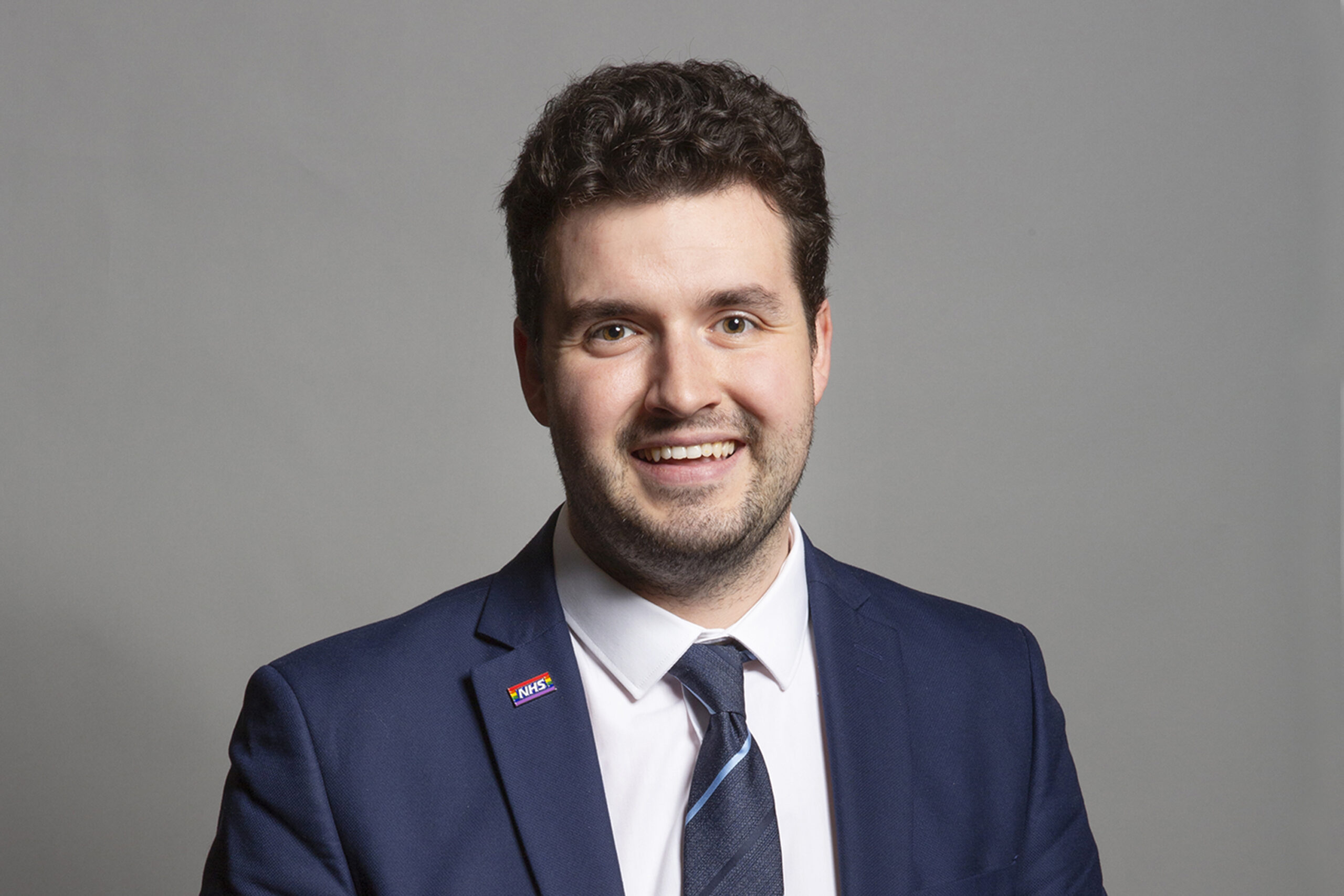Some things in life are fundamental. For me, the ability to feel safe in your own home is one of these fundamentals. The ability to go about your daily activities in your community – without worry, without feeling vulnerable or at risk – must be everyone’s experience.
In Sutton, we are lucky to live in one of the safest London boroughs. That’s said, we must not be complacent. On Thursday, I led the Adjournment Debate in Parliament, where I highlighted several recent incidents that have taken place in and around Carshalton and Wallington and prove that serious violent crime and antisocial behaviour can be found anywhere in London.
After recent incidents, I vividly remember a constituent contacting me to explain how she felt so unsafe in her local area that he wouldn’t take her bins out after dark. Another wrote about how her teenage daughter did not want to leave the house through fear of being attacked.
No child, no parent and no person should be left with the weight of this trauma or left to feel unsafe in their own community.
The Government’s commitment to recruit 20,000 new police officers was met early. In London, this equates to 3,666 more officers working on our streets. Part of any solution to violent crime and antisocial behaviour must involve seeing more officers actually out in our communities and on our streets – so-called ‘bobbies on the beat’.
We face unique challenges on the fringes of London, with a significant number of officers regularly transferred away for major events and protests, in Central London – leaving only a minimal presence on our streets. Of course, these big events must be policed – but not at the expense of our community policing.
The Minister, responding to Thursday’s Adjournment Debate, was clear that the 3,666 newly recruited officers could have been over one thousand more. Government funding was available to recruit more officers to the Met, but the Mayor failed to do so. It is pretty easy to think that these extra officers could have been used to help keep officers in our communities, while also ensuring the safety of all Londoners through public order policing in Central London.
I do fear that Mayor of London’s priorities are not where they should be – and more focus must come from him to truly tackle violent crime on the streets right across London. If the Mayor is not willing to get on with his responsibilities as London’s Police and Crime Commissioner – he should let someone else do the job.
As politicians and people in public life – we must work everyday to ensure the safety and security of our constituents, young and old. Our children’s minds should be free to explore and not be occupied with threats to their lives.
The Government understands this. It is unfortunate, however, that the Mayor of London appears not to.
There are approaches available that are well known and have been written about before. Collaboration between the police and local communities is vital – but policing is only half the battle. We must also tackle the causes of crime and antisocial behaviour along the way. Glasgow used to be one of the most violent cities in the whole of Europe. It took a different approach to violent crime – and has turned that reputation around.
The violence reduction units that they employed – bringing together a number of stakeholders such as local authorities, the NHS, the police and a range of other services – treated violent crime as a public health matter, rather than a purely policing and criminal one. Education is vital, and we must ensure that people, particularly our young people, are aware of the consequences of criminal activity – to prevent them from turning to crime in the first place.
We were promised that such violence reduction units would be coming to London. They have been set up, and are run by the Mayor of London, but they are yet to demonstrate any success. There is little transparency about who sits on them, what work they are doing, or even when they meet.
My job and the job of my colleagues in Government, will not be done until everyone in London, and indeed, across the UK can feel safe in their own homes. Conversation, policy and the hard work on these issues must be at the forefront of our politics – and I will do what I can to ensure that this remains the case.

